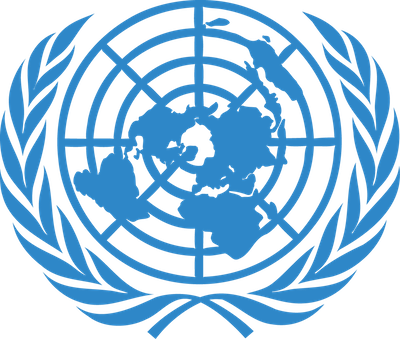OEWG 2021-2025 – Other matters
1 Apr 2022 19:00h - 22:00h
Event report
The last agenda item of the program of work was dedicated to other matters, where Mr Gafoor suggested discussions on the content and structure of the annual progress report. Delegates also expressed concerns that, notwithstanding the informal status of the meeting, all the proposals during the second substantive session should be reflected in the annual progress report.
Russia said the progress report needs to be objective and fact-based. It also needs to reflect the contents of the substantive discussion of the group’ s agenda in a balanced manner. Thus, it is unacceptable for it to contain any politicised statements or propaganda.
Iran reminded that last OEWG final report could not reflect all of the member states’ views and some of them, including Iran had to either disassociate from the report or raise their dissatisfaction with it. This time Iran suggests having a report that reflects the policy procedural aspect and to the extent possible captures consensually accepted substantial points. It will thus change the idea of deliberating guiding questions and replace it with a ruling text-based negotiation. ‘ The chair could exert new creativity to guard negotiations based on the drafting exercise on the six pillars of the OEWG mandate to gain outcomes, rather than member states repeating well-known positions and statements.’
China echoed Iran saying that ‘if there any report only selects or partially selects consensus on certain issues, it will be unbalanced and may set a bad precedent for future. Reports may even turn out from a comprehensive process with universal participation into a process with the limited agenda item’.
Australia agreed with China on the proposed structure of the report – to focus around the agenda items that the group has been discussing. ‘ We could hopefully reflect the ideas and the proposals of the different participants in our discussions, and if possible emphasise those that have garnered significant support’.
Cuba considered the report should focus on deepening the areas where we have consensus and make progress on outstanding issues. The report should allow for the systemization of the elements that have been discussed and proposals tabled by states during the meeting.
Mexico, Australia and Columbia suggested including into the annual report the contributions made by UNIDIR, the ICRC, and other relevant stakeholders.
In concluding remarks, Mr Gafoor promised to prepare the draft of the annual progress report about six weeks prior to the third OEWG substantive session so that delegations could prepare their comments, as well as organise an informal virtual consultations on the zero draft.
He pointed out that the second substantive session met in the context of a very challenging international environment. Also, there is an underlying sense of frustration and disappointment because the Group had not been able to arrive at consensus on modalities for stakeholder participation. Finally, he said that he believes it is important to engage with stakeholders because they are not a part of the problem, but of the solution. He hopes to have multistakeholder modalities in place before the July session and the accreditation start.
Related topics
Related event

UN OEWG 2021-2025 2nd substantive session
28 Mar 2022 15:00h - 1 Apr 2022 23:00h
